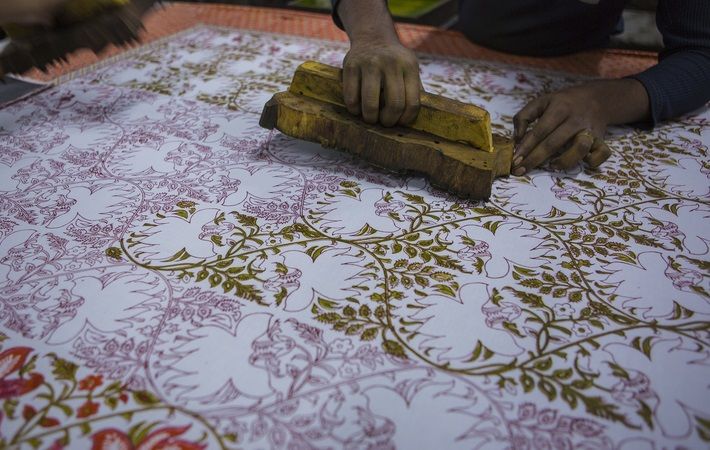
Goods and Services Tax (GST) will be increased by 7 per cent on finished products such as apparel and textiles from the beginning of the next year, according to a notification issued on November 18 by the ministry of finance. GST rate on fabrics will increase to 12 per cent from 5 per cent and that on apparel of any value will go up to 12 per cent, compared to earlier when pieces priced up to ₹1,000 were subject to 5 per cent GST.
Industry experts feel that the uniform rate will lead to smaller players being pushed into the unorganised sector, as it will make harder for the sector to keep afloat. “It’s very clear that MSME sector dominates in the Indian textile industry which provides jobs and business opportunity to lakhs of people. Like in other sectors, now the government policy is pushing MSMEs into trouble in textile industry also,” they aver.
The GST hike will create greater stress on the working capital requirements of the industry, especially the MSMEs. The increase in tax rate could put additional financial burden on the MSME section of the industry, which is already under stress due to slower sales and higher input costs. It may also lead to increase in cost for end consumers.
However, government claims that the decision to bring uniformity in tax rates across the supply chain should help the industry in the long run by releasing the blocked working capital in form of accumulated Input Tax Credit (ITC). The objective behind the proposed increase is to correct the anomalies associated with the refund of ITC on account of inverted duty structure. Inverted duty structure means higher taxes on input and lower tax on output or final product. In simple terms, businesses face higher GST rates on raw materials than on finished products. The GST Council has addressed the issue of inverted duty structure for many industries.
Upstream industry has same echo as it is satisfied with the government’s decision. Sanjay Garg, executive director of Punjab based spinning mills Longowalia Yarns Ltd said that it was long pending demand from the industry. Uniformity in tax structure will bring better ecosystem in the industry. Garg, who is also the president of Northern India Textile Mills’ Association (NITMA), suggests that downstream fabrics and apparel industry needs to develop efficiency in the current scenario. “Indian textile industry needs to gear up to face global competition, therefore the entire value chain has to increase efficiency.”
But MSMEs are not comfortable with the change in the GST structure and are demanding withdrawal of the hike in GST rate. Recently, the Kerala Garments and Textile Dealers Welfare Association (KTGA) decided to put strong pressure on the Central Government towards this demand. The hike would have a big impact on the business of small and medium-sized businesses, which was affected when the pandemic struck last year. Earlier, Confederation of All India Traders (CAIT) also made the same demand.
Fibre2Fashion News Desk (KUL)